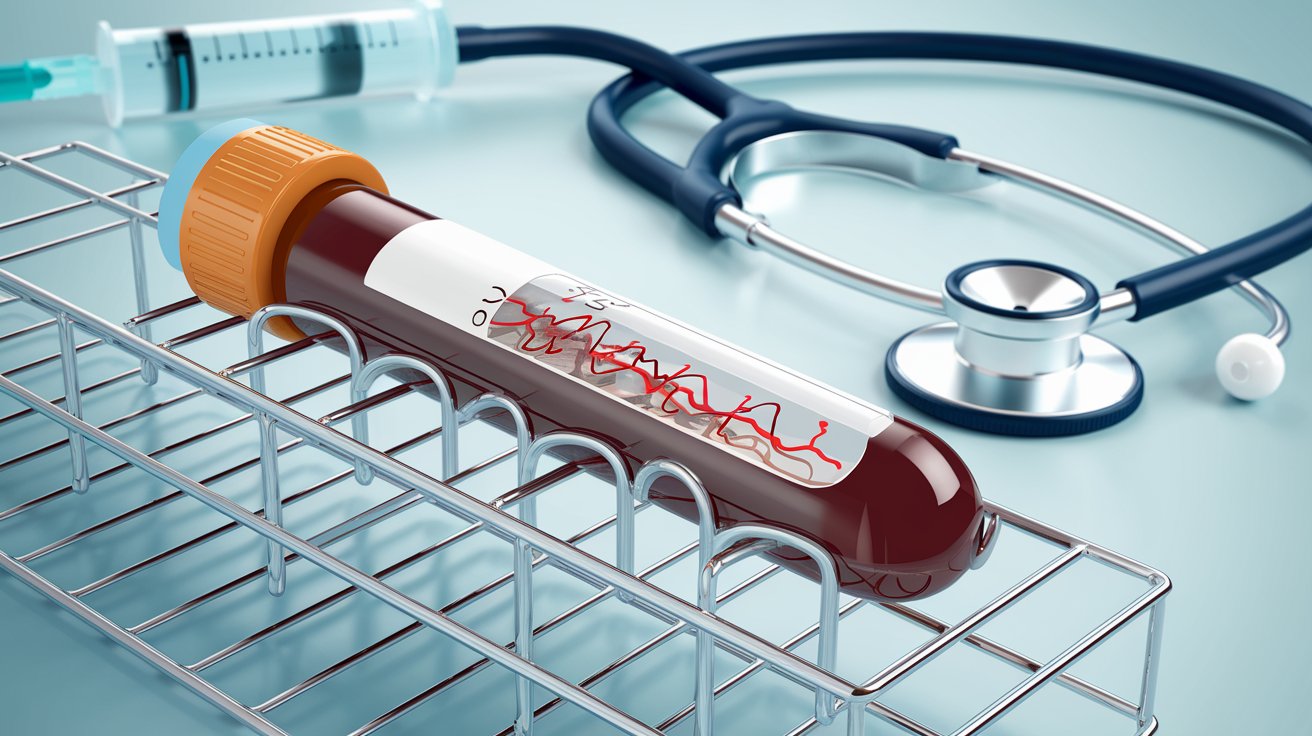
Hypertriglyceridemia might sound like a mouthful, but understanding it can be straightforward. This condition involves having high levels of triglycerides, a type of fat, in your blood. Triglycerides are essential for energy, but too much can lead to health issues. Ever wondered why doctors check your triglyceride levels during routine blood tests? It's because elevated levels can increase the risk of heart disease, pancreatitis, and other complications. Factors like diet, genetics, and lifestyle play significant roles in managing this condition. Curious about how to keep your triglycerides in check? Let's dive into 25 facts that will help you understand and manage hypertriglyceridemia better.
Key Takeaways:
- Hypertriglyceridemia is a condition where fat levels in the blood are high, increasing the risk of heart disease. It can be caused by poor diet, lack of exercise, and certain medical conditions.
- To prevent hypertriglyceridemia, maintain a balanced diet, limit alcohol, stay active, and have regular health check-ups. Managing this condition involves lifestyle changes, exercise, and sometimes medication.
What is Hypertriglyceridemia?
Hypertriglyceridemia is a condition where triglyceride levels in the blood are elevated. Triglycerides are a type of fat found in the blood, and high levels can increase the risk of heart disease. Here are some interesting facts about this condition.
-
Triglycerides are the most common type of fat in the body. They store unused calories and provide energy.
-
Normal triglyceride levels are below 150 mg/dL. Levels between 150-199 mg/dL are borderline high, 200-499 mg/dL are high, and 500 mg/dL or above are very high.
-
High triglycerides can be caused by obesity. Excess weight can lead to higher triglyceride levels.
Causes and Risk Factors
Understanding what leads to hypertriglyceridemia can help in managing and preventing it. Here are some causes and risk factors.
-
Poor diet is a major cause. Diets high in sugars, fats, and alcohol can elevate triglyceride levels.
-
Genetics play a role. Family history can increase the likelihood of developing hypertriglyceridemia.
-
Lack of exercise contributes. Physical inactivity can lead to higher triglyceride levels.
-
Certain medical conditions can cause high triglycerides. Diabetes, hypothyroidism, and kidney disease are some examples.
-
Medications can affect triglyceride levels. Drugs like beta-blockers, steroids, and diuretics can raise triglycerides.
Symptoms and Diagnosis
Hypertriglyceridemia often doesn't show symptoms until levels are very high. Here's what you need to know about its symptoms and diagnosis.
-
Most people don't show symptoms. High triglycerides are often discovered during routine blood tests.
-
Extremely high levels can cause pancreatitis. This is a painful inflammation of the pancreas.
-
Xanthomas can appear. These are fatty deposits under the skin, usually around the eyes.
-
Blood tests are used for diagnosis. A lipid panel measures triglycerides, cholesterol, and other fats in the blood.
Health Risks
High triglycerides can lead to several health issues. Here are some of the risks associated with hypertriglyceridemia.
-
Increased risk of heart disease. High triglycerides can contribute to the hardening of arteries.
-
Can lead to stroke. Blocked arteries can reduce blood flow to the brain.
-
May cause fatty liver disease. Excess triglycerides can accumulate in the liver.
-
Can worsen diabetes. High triglycerides can make it harder to control blood sugar levels.
Treatment and Management
Managing hypertriglyceridemia involves lifestyle changes and sometimes medication. Here are some treatment options.
-
Dietary changes are crucial. Reducing sugar, fat, and alcohol intake can lower triglycerides.
-
Regular exercise helps. Physical activity can reduce triglyceride levels.
-
Medications may be necessary. Fibrates, niacin, and omega-3 fatty acids are commonly prescribed.
-
Weight loss is beneficial. Losing even a small amount of weight can lower triglycerides.
-
Controlling blood sugar levels is important. For those with diabetes, managing blood sugar can help reduce triglycerides.
Prevention Tips
Preventing hypertriglyceridemia involves maintaining a healthy lifestyle. Here are some tips to keep triglyceride levels in check.
-
Eat a balanced diet. Focus on fruits, vegetables, whole grains, and lean proteins.
-
Limit alcohol consumption. Alcohol can significantly raise triglyceride levels.
-
Stay active. Aim for at least 30 minutes of exercise most days of the week.
-
Regular health check-ups are important. Routine blood tests can help monitor triglyceride levels and catch issues early.
Final Thoughts on Hypertriglyceridemia
Hypertriglyceridemia isn't just a big word; it's a serious health condition. High levels of triglycerides in the blood can lead to heart disease, pancreatitis, and other complications. Knowing the facts helps in managing and preventing this condition. Regular exercise, a balanced diet, and avoiding excessive alcohol can make a huge difference. Medications might be necessary for some, but lifestyle changes are often the first line of defense. Regular check-ups with your doctor are crucial. They can monitor your levels and suggest the best course of action. Understanding hypertriglyceridemia empowers you to take control of your health. Don't ignore the signs. Stay informed, stay healthy, and take proactive steps to keep your triglycerides in check. Your heart will thank you for it.
Frequently Asked Questions
Was this page helpful?
Our commitment to delivering trustworthy and engaging content is at the heart of what we do. Each fact on our site is contributed by real users like you, bringing a wealth of diverse insights and information. To ensure the highest standards of accuracy and reliability, our dedicated editors meticulously review each submission. This process guarantees that the facts we share are not only fascinating but also credible. Trust in our commitment to quality and authenticity as you explore and learn with us.
